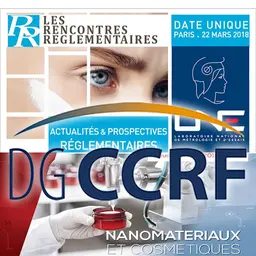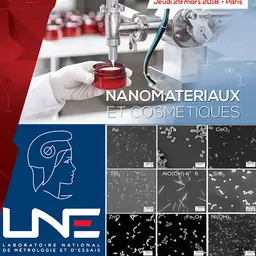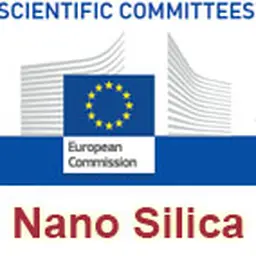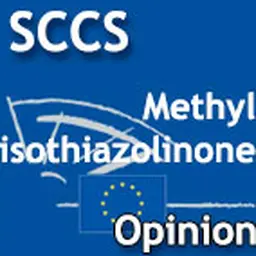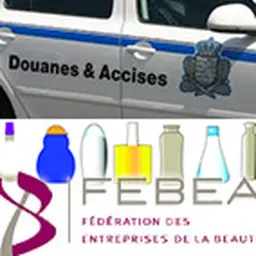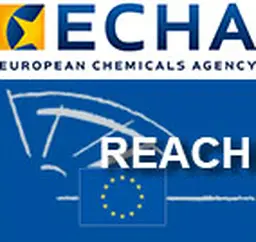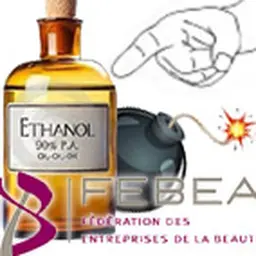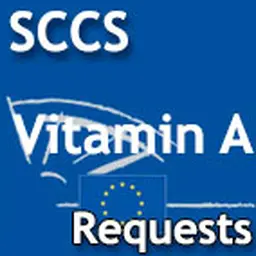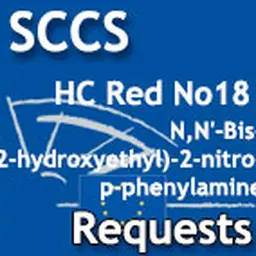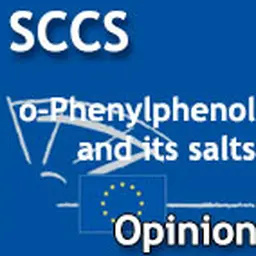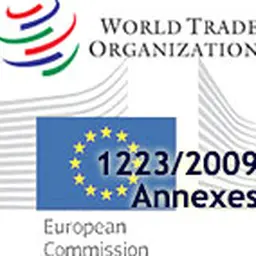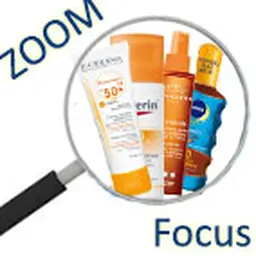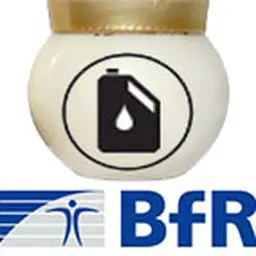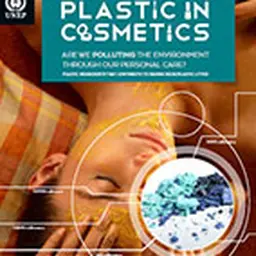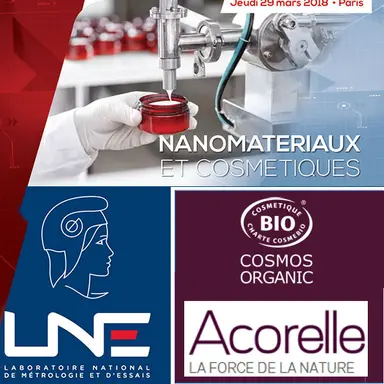
Sophie Thirion is the R&D Director of Laboratoires Odysud, who market organic cosmetics brand Acorelle, in particular its sun care range. At the Nanomaterials & Cosmetics day organized by LNE on March 29, she made an update on the current issues related to the nanomaterials likely to be contained in cosmetic formulas, and provided a few solutions to best manage them.
First, and it is always like this, it is the definition of a nanomaterial that creates the first difficulties with efficiently managing these oh-so particular ingredients, and which results in the cascade of situations manufacturers have to deal with on a daily basis.
Regulatory framework
Cosmetics Regulation 1223/2009 provides the following definition for a nanomaterial: ‘insoluble or biopersistent and intentionally manufactured material with one or more external dimensions, or an internal structure, on the scale from 1 to 100 nm’. Sophie Thirion started by emphasizing the fact that several notions in this definition allow for different interpretations, both from product manufacturers and ingredient suppliers, or even analysis laboratories:
• How to define solubility and bio-persistence?
• From what threshold should we consider manufacturing intentional?
• How to have access to the internal structure, and how to prepare the sample used for it?
Other complex notions are added in the Commission Recommendation of 18 October 2011 on the definition of nanomaterial (‘Nanomaterial means a natural, incidental, or manufactured material containing particles, in an unbound state or as an aggregate and where, for 50% or more of the particles in the number size distribution, one or more external dimensions is …

